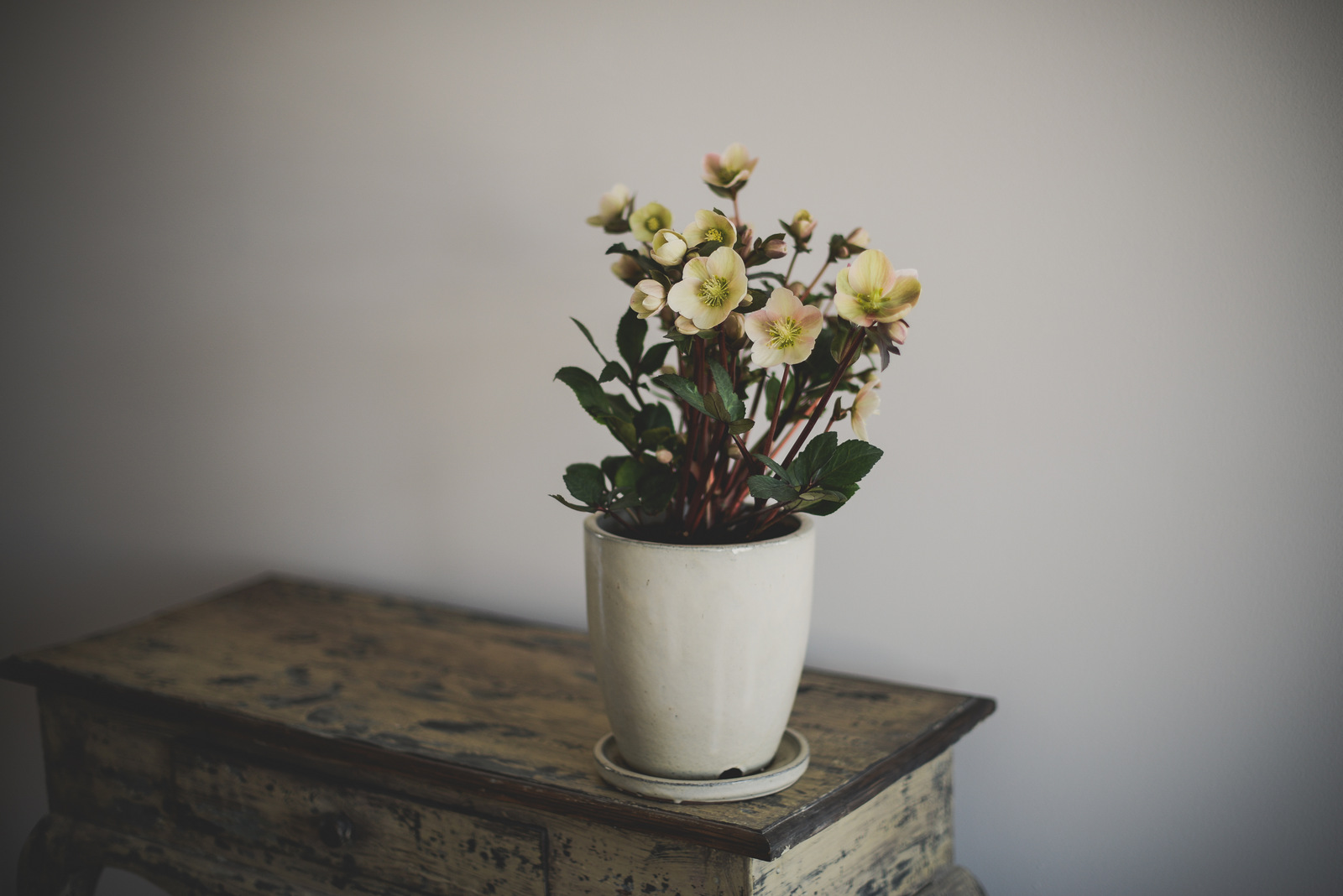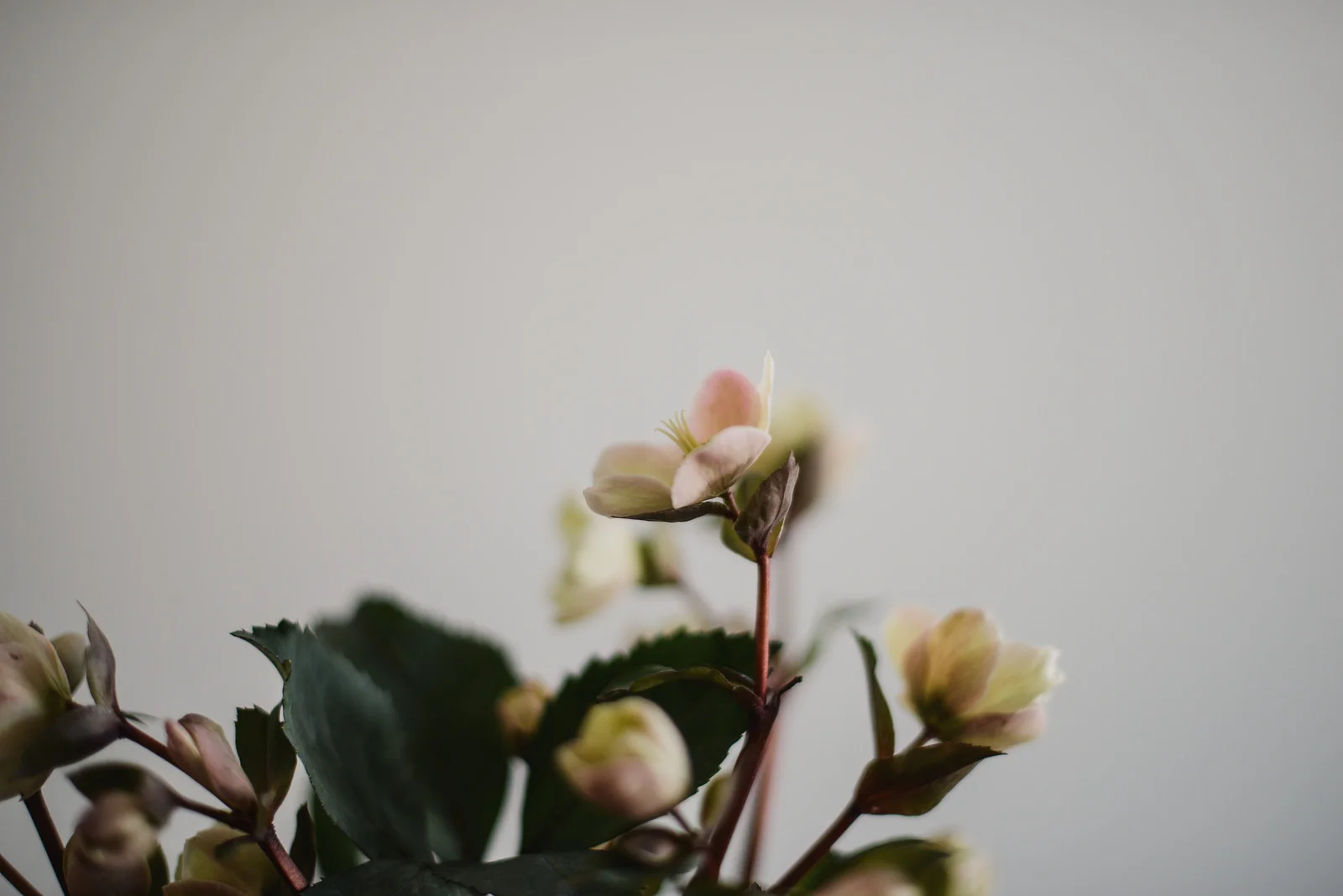A Cure for the Late Winter Blues
Where I live, late-winter is a season unto itself. It’s what people living in warmer climates might call spring. Our winters are long and lingering. Winter is the guest you have that says a long and reluctant goodbye at the door, which is a kind of exhausting compliment to the hosts.
There is a goodness at the end of winter. There is a gentleness. We need to sit with it, too, and let its departure not go unmarked. In Wendell Berry’s poem, “The Cold,” he talks about how we come to know ourselves in the solitude of winter. Let us reflect on what new things we’ve learned this past season, about ourselves, and others.
The Cold
by Wendell Berry
How exactly good it is
to know myself
in the solitude of winter,
my body containing its own
warmth, divided from all
by the cold; and to go
separate and sure
among the trees cleanly
divided, thinking of you
perfect too in your solitude,
your life withdrawn into
your own keeping
– to be clear, poised
in perfect self-suspension
toward you, as though frozen.
And having known fully the
goodness of that, it will be
good also to melt.
I recently bought a hellebore plant which isn’t something that would over-winter in our Zone 3 climate. If you live in a Zone 6 area, you might find that “Hellebores Cure the Late-Winter Blues.” According to this article, “I consider hellebores nature’s gift in winter. They are the perfect cure for long winters and cabin fever, heralding spring even before the daffodils.”
And it really has been the cure for any late winter blues I might otherwise have had.
I plan on spending time with it, breathing with it, while winter makes its long and reluctant exit.
Soon all will be melting.
Be melting snow.
Wash yourself of yourself.
– Rumi









